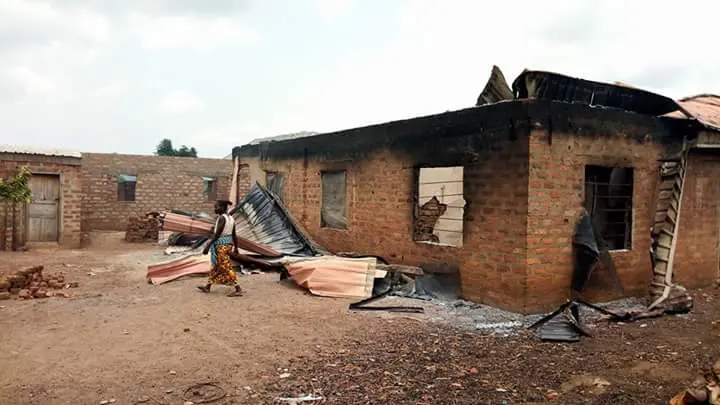Senegal President Usman Sonko Dissolves Parliament, Calls for Early Legislative Elections
Senegal’s President Usman Sonko has dissolved the National Assembly and announced early legislative elections set for November 17, 2024. In a televised address, the 44-year-old leader declared that this move was necessary to unlock the institutional power needed to fulfill his electoral promises and deliver on the systemic reforms he committed to during his campaign.
“I am dissolving the National Assembly to give our people the tools they need to realize the transformation I have promised. It is time to begin a new chapter in our governance,” Sonko announced.
Sonko, who won the March 2024 presidential election on a platform of radical change, has struggled to advance his ambitious reform agenda in the face of an opposition-controlled Parliament. The dissolution is seen as his strategy to overcome this legislative deadlock and secure a majority that will back his plans for reform.
The president’s term has been marked by a firm stance against corruption and a call for transparency in government. He has accused his predecessor, Macky Sall, of financial mismanagement and overspending, pledging to address these issues as part of his administration’s agenda. Sonko also promised to publish a detailed report from Senegal’s Court of Auditors, which is expected to reveal substantial irregularities in the management of public funds under the previous government.
Prime Minister Usman Sonko has echoed these sentiments, committing to launching a broad anti-corruption investigation once the new Parliament is elected. However, progress has been hindered by the lack of cooperation from the current legislative body, prompting the decision to call for fresh elections.
“We cannot afford to be held back any longer by a Parliament that does not share our vision. The time has come for real change, and for the people to give us the mandate to deliver it,” Sonko emphasized.
The president’s reform agenda has been particularly popular among Senegal’s youth, who make up the majority of the population. With two-thirds of Senegalese citizens under the age of 35, Sonko’s message of economic reform and anti-corruption measures has resonated deeply, raising expectations for his presidency.
The upcoming elections will be a critical test of Sonko’s ability to consolidate power and move forward with his vision for Senegal. His focus on systemic change, youth empowerment, and economic reforms positions these elections as a pivotal moment for the country’s future trajectory.
Sonko’s administration is now preparing for what could be a defining period in Senegal’s political landscape, as the nation heads toward elections that may shape its governance for years to come.







 {
#divFLRARight, #divFLRALeft {
display: none !important;
}
}
</style>
<script>
/(trident|msie)/i.test(navigator.userAgent) && document.getElementById && window.addEventListener && window.addEventListener()